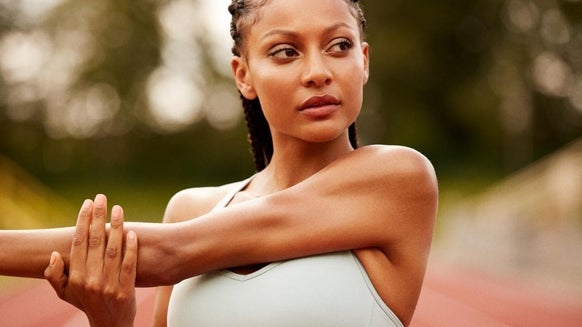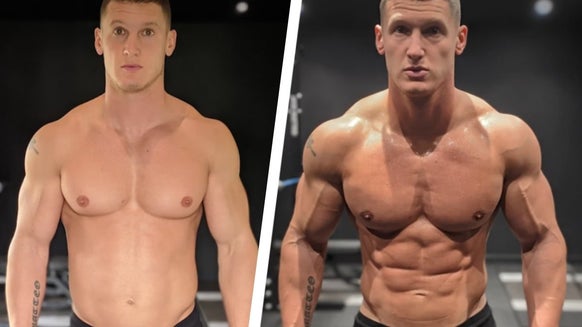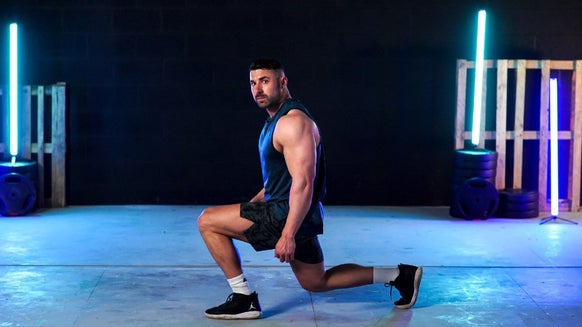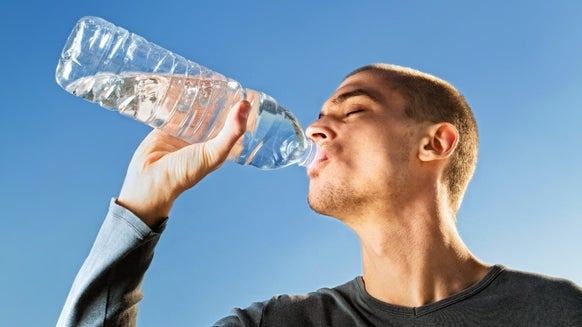Flexibility is often underrated in the gym. Many a time in the past I know if I was in a rush to get my workout done, mobility and flexibility work were at the bottom of my priorities list. This is a big mistake though, as improving your flexibility doesn’t just help prevent injuries, it can actually make you a stronger and more powerful lifter in the gym.
This in turn will mean your workouts will be more productive, and it will help to speed up your recovery too after a tough session as it will help to stretch out your muscles if you incorporate some flexibility and mobility work into your cool down.
Here are just a few ways that I have improved my flexibility:
#1 Dynamic warm-ups
Begin your work outs with a dynamic warm up by going through some body weight movements such as squats, lunges and arm swings to name a few to get the blood pumping around your body and your muscles warmed up ready for your session.
? Studies have shown that this type of warm up is extremely beneficial and will leave you all set for your workout.
#2 Prioritise full range of motion

Although using partial reps can be useful to build strength, if you are hoping to improve your flexibility - full range of motion is the way to go! This is especially true of squats and can allow you to gain some serious improvements in flexibility when you execute this exercise using a full range of motion.
? Make sure to keep your form tight through and you may find you need to drop the weight slightly until you can hit the depth you want.
? Doing a full squat will really help to improve your hip flexibility, and having flexible hips will also help you lift heavier in your dead lift and even your bench press.
? If you are learning a new exercise, begin with a lighter weight so that you can get into the good habit of using the full range of motion with it before progressing to heavier weights.
#3 Drink more water
Sounds like a no brainer, but when most of our bodies are composed of water, it is crucial to drink enough and stay adequately hydrated to keep our muscles functioning and healthy - and that includes being more flexible!
? If you are in a dehydrated state, you will be much more prone to injury. Many people are walking around dehydrated and do not even realise it, so it is especially important if you are training to ensure you are drinking enough to support the activities you are doing.
? It can be very easy to get caught up in training and forget to drink as you go along, and this is a recipe for disaster! Your performance also declines if you are dehydrated, so try and incorporate more fluids if you are not getting enough into you and see if it makes a difference to you!
#4 Take some time out

Stress can really impact your flexibility as it causes all your muscles to contract (tense up). This combined with training hard can leave you feeling quite tight and sore.
? Consider including some yoga in your post-workout routine or even in the evenings after work. Not only does yoga incorporate exercises that will improve your flexibility, but its stress busting abilities will also help loosen up tight muscles too.
? If you don’t want to try yoga, a simple walk or bath can have a similar effect of destressing your body. Whatever you choose, just make sure you make it a part of your routine as it’s so important!
#5 Listen to your body
Stretching can be uncomfortable at times, but it should not be painful. Don’t push yourself too far and ease into a stretch.
? Although a stop watch is useful for timing stretches, I have found that focusing on my breathing and counting breaths to be much more effective and relaxing - as a byproduct, I can actually achieve a deeper stretch than if I am too focused on a stopwatch.
? Personalise your flexibility training to suit you as much as possible. For example, a person sitting at a desk all day may have very tight upper body muscles and need to do some extra work on these as a result.
Different sports also have different movement patterns and you can add extra focus to areas that apply to you. Pay attention to your own areas of tightness and weak spots and you can tailor your flexibility training especially so that you get as much benefit as possible from it!
? Your posture will naturally improve as well as you improve your flexibility, and a bonus of this is looking leaner and in better shape simply by default!
Take Home Message
Flexibility is so important for everyone, not only those in sports.
Try these simple tips to improve yours!








